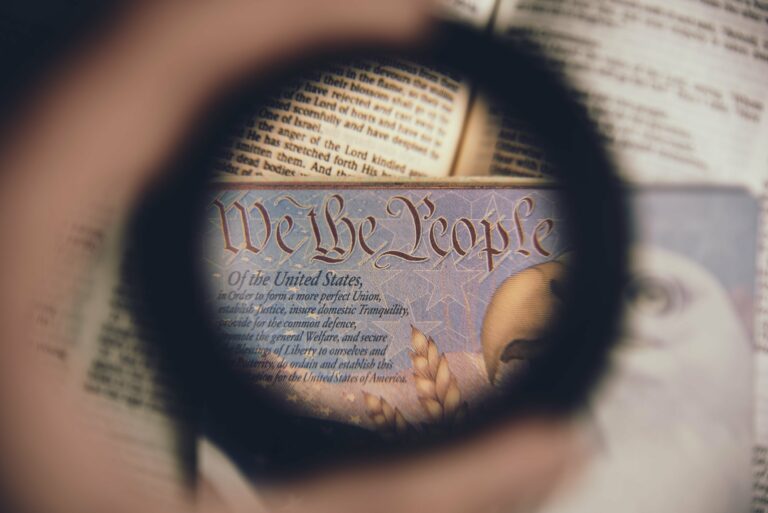Dual Citizenship
We sing that “I can’t feel at home in this world anymore,” but I often do feel quite at home here. Hebrews 11:8-10 tells us that by faith, Abraham forsook his earthly homeland and lived as a stranger and pilgrim while waiting for a better heavenly city. Would I do the same? Likewise, the Jews looked for Jesus to restore the earthly kingdom of Israel when he walked the earth (see Acts 1:6). It seemed that it even took the apostles a while to grasp that God was doing something much bigger and better.



